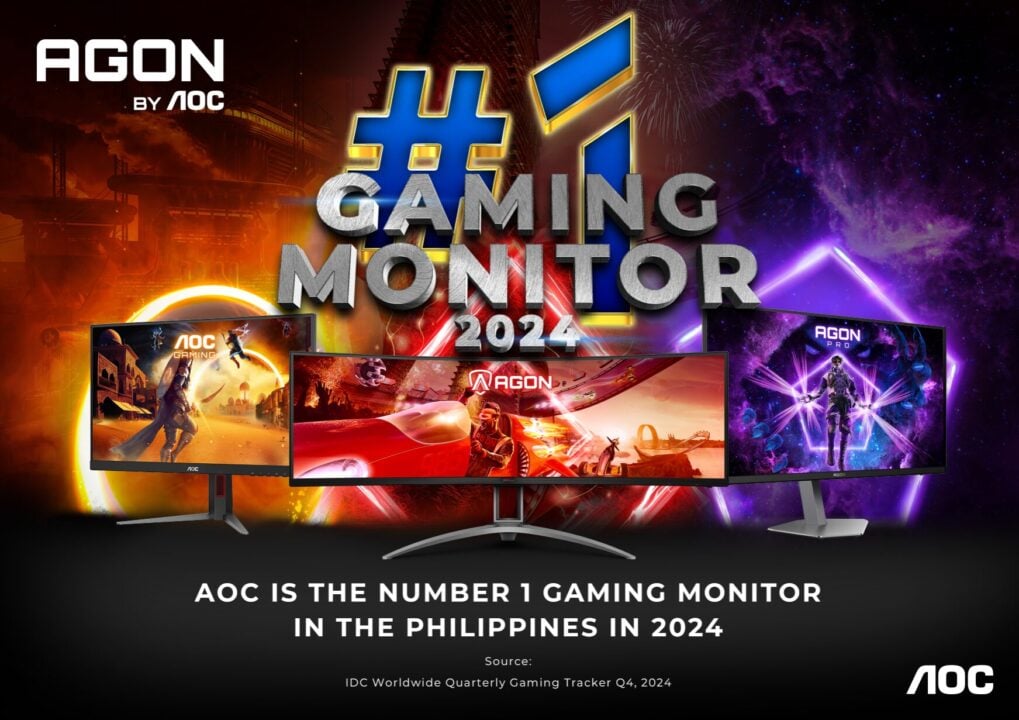
As a tech enthusiast, I always encounter the situation where a non-techie person consult me about their slow or broken laptop. Most inquiries I got recently are laptops that are not even 2-3 years old. Take of example a laptop equipped with Windows 8.1, powered by Intel Core i3 Ivy Bridge and even a good 4GB of RAM for memory. A laptop that’s worth around Php26,000 pesos, but the performance is now sluggish after opening 3 excel files, chrome browser, outlook for some email and some spotify to keep you entertained– A typical scenario of a diligent office worker. This is not even including mandatory programs in some big companies like internal communicator, monitoring software or even sharepoints.
After series of trouble shooting, removing temporary files, looking for malwares and viruses and even removing startup applications; booting seems to be faster, but the problem still persists after all necessary applications were opened. Which led me to investigate more, if its a hardware matter. Upon checking; the laptop’s hard disk is running at 5400rpm, which is the slowest configuration available for HDDs on notebooks. Come to think of the situation, 5400rpm HDDs are already present since 2011, but it seems the hard disk industry focused more on providing bigger capacity and thinner drives to meet the demand of manufacturers and especially Intel and Microsoft for thinner and more flexible devices.
When WD introduced the 5mm Blue HDD in computex; which paved the way to more devices with bigger storage options with smaller and thinner and smaller form factors like the ASUS Transformer Book T100, Acer Aspire Switch, HP Split Tablet, Lenovo Yoga and other convertibles. Unfortunately, with our experience, all these devices suffers slow performance due to the slow spinning of the HDD. You would not notice this when the device is pulled right out the box, but loading it with a number of applications plus a bit of time of usage; that’s the time you will see the disadvantage of thinner devices over full pledge laptops.
On a personal observation, despite the increase of base performance of laptops including Windows 8.1 tablets for basic usage. It seems that the rapid change behavior of users concentrating in multimedia and content consumption, and hard drive manufactures focusing primarily with the innovation of larger storage and portability, people today encounter slow performance in their devices especially when graphics based content are in use. To put things short, the Hard Drive simply didn’t catch up with the demands of users today.
Though there are faster storage options in the market like 7200rpm HDDs, SSHD (Solid State Hard Drive) and even pure SSD (Solid State Drives). Our culture dictates “The cheaper the better”, in which we don’t try to understand how things work and let them be and blame it on other variables like viruses instead of a flaw manifested by a products limitations. Manufacturers, on the other hand, brings in notebooks with configurations using 5400rpm HDDs.
Primarily in our previous article, (I thought my laptop was fast..But I was wrong), we upgraded in using our Crucial SSD over the 5400rpm storage. This led to significant changes in loading and application holding, especially rendering videos. As quick reference an SSHD is around 2.5x faster and a pure SSD is around 4x faster than a 5400rpm HDD
In the market today, a perfect example of a seriously disappointing notebook configuration is the ASUS G750JS which is available for Php99,998 at Villman.
For a portable gaming device equipped with a high-performance Intel Core i7-4710HQ processor, Nvidia GTX870 3GB DDR5 VRAM, 16GB DDR3RAM, with two 1TB 5400rpm Hard drives. That is pretty disappointing as the configuration is the lowest possible hard drive specifications for a gaming laptop. Technically enthusiasts won’t even consider the configuration fit for gaming. In other countries, configurations for this specific notebook have evolved and are equipped with 7200rpm hard drives for a better gaming experience, some even gives the consumer the choice to go straight to SSD . As a result, a lot of gaming enthusiasts will simply switch the stock HDD to replace with faster storage options thus a waste of money.
Until now its a wide practice among notebook brands in the Philippines to provide only 5400rpm hard drives, especially with entry level laptops. We at Team Tech Squad believe that you should be aware of this, because its inevitable that you will encounter such slow performance in due time. So for your future purchase of a laptop or even a desktop PC, aim to have at least a 7200rpm hard drive. In the long run, you will save a lot of time, energy and money.
